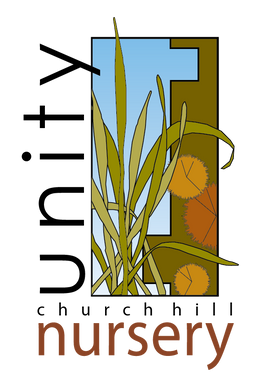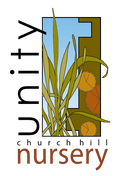Rudbeckia fulgida var. fulgida (Black-Eyed Susan)
- In Stock
- Inventory on the way
Rudbeckia fulgida var. fulgida is a medium-sized variety of black-eyed Susan, a popular, perennial wildflower found across much of the eastern United States. This black-eyed Susan variety typically grows to about 2-3' tall and is known for its shiny, deep-green foliage and it's eye-catching orange-yellow flowers with dark centers. The flowering for this varietal is among the latest of the black-eyed Susans, blooming for almost three months from late summer into mid-autumn. Though blooms are attractive to pollinators through the course of their life, dense, chocolate-colored seed heads remain in place into early winter, where they are highly sought after by migrating birds.
Rudbeckia fulgida var. fulgida performs best in full to partial sun and average, medium-moist soils, but tolerates a wide variety of environmental factors, including deer and rabbit damage, poor and clay soils, and drought. Although black-eyed Susans are capable of spreading via rhizome, they tend to form small, easily managed clumps, but can easily be cut back if need be, as they also make for beautiful cut flower arrangements.





